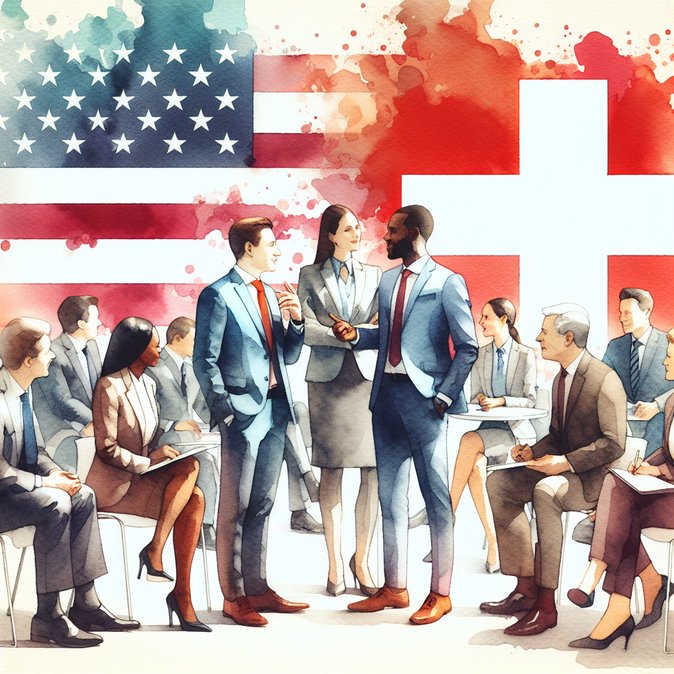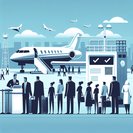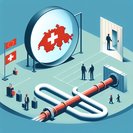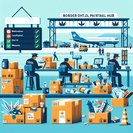
High-level business travel—not political negotiation—may deliver Switzerland a reprieve from the 39 % U.S. import tariffs that have dogged exporters since 2024. Reuters reported on 9 November that a private delegation of Swiss CEOs met President Donald Trump earlier in the week and secured a tentative letter of intent to align U.S. duties on Swiss goods with the 15 % ceiling already granted to the EU.
The trip, organised by economiesuisse and backed by the Federal Department of Economic Affairs, underlines how senior-executive mobility can substitute for formal diplomacy when trade talks stall. Executives from machinery, pharma and luxury-watch firms argued that punitive tariffs were disrupting supply chains, forcing production shifts to U.S. subsidiaries and complicating intra-company transfers of key staff on L-1 and H-1B visas.
![C-Suite Shuttle Diplomacy: Swiss Business Leaders Pave Way for Tariff Truce with United States]()
Under the draft outline, Washington would phase out the tariff surcharge ahead of the World Economic Forum in Davos this January, where President Trump and incoming Swiss president Guy Parmelin are expected to unveil the deal. In return, Swiss regulators would speed approval of U.S. medical devices and reopen talks on reciprocal government-procurement access.
For mobility teams the implications are two-fold. First, cost projections for U.S. assignments should be revisited—the tariff rollback could restore the cost advantage of shipping Swiss-made components rather than manufacturing them stateside. Second, executive visits remain a potent lever; organisations should budget for senior travel when strategic trade issues loom.
Travel managers are advised to monitor security-clearance lead times for White House meetings and to factor potential political protests into duty-of-care planning.
The trip, organised by economiesuisse and backed by the Federal Department of Economic Affairs, underlines how senior-executive mobility can substitute for formal diplomacy when trade talks stall. Executives from machinery, pharma and luxury-watch firms argued that punitive tariffs were disrupting supply chains, forcing production shifts to U.S. subsidiaries and complicating intra-company transfers of key staff on L-1 and H-1B visas.
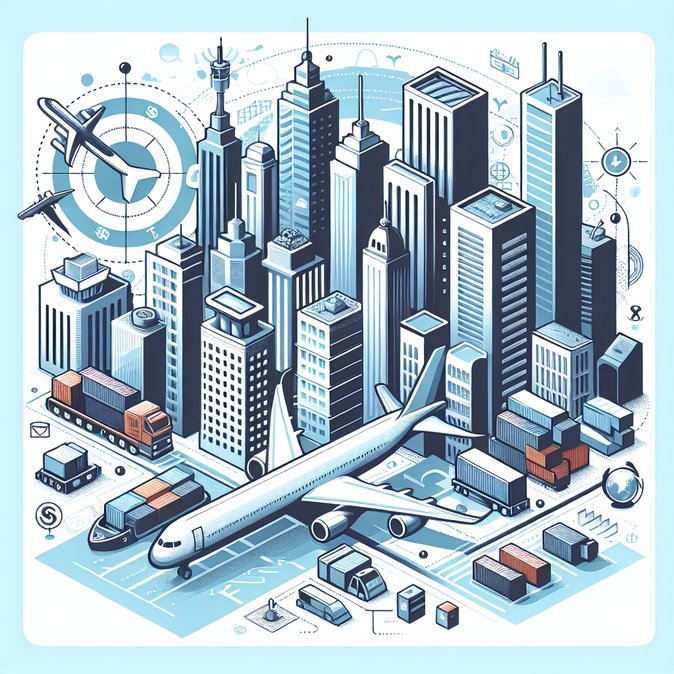
Under the draft outline, Washington would phase out the tariff surcharge ahead of the World Economic Forum in Davos this January, where President Trump and incoming Swiss president Guy Parmelin are expected to unveil the deal. In return, Swiss regulators would speed approval of U.S. medical devices and reopen talks on reciprocal government-procurement access.
For mobility teams the implications are two-fold. First, cost projections for U.S. assignments should be revisited—the tariff rollback could restore the cost advantage of shipping Swiss-made components rather than manufacturing them stateside. Second, executive visits remain a potent lever; organisations should budget for senior travel when strategic trade issues loom.
Travel managers are advised to monitor security-clearance lead times for White House meetings and to factor potential political protests into duty-of-care planning.
